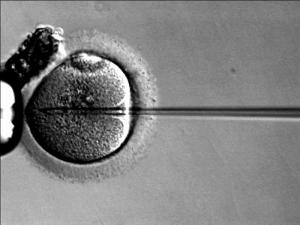Biotechnical Monstrosity: Technoscientific Imaginaries and the Moral Boundaries of Innovation

The contemporary biosciences have developed unprecedented capacities to manipulate life, reconfiguring fundamental ontological and moral boundaries. At the same time, biology’s epistemic authority is privileged in defining which interventions constitute mere manipulation, undertaken in the service of rational inquiry, and which constitute transgression. In this way, contemporary biology has assumed responsibilities not only for its own technological capacities, but for policing moral imaginations of the rational and the monstrous.
Using historical and ethnographic methods, we will explore three contemporary sites where this interplay of technical and ethical ordering is particularly consequential: emerging regimes of governance around biosecurity; visions of the socially transformative potential of the bioeconomy; and the role of bioethics in disciplining public reasoning. Theorizing the monstrous as those deviations against which the normal and the normative are given articulation, we will ask: what are the repertoires whereby biology is positioned as a space of rationality and virtue? And what are the corollary externalizations of moral responsibility that foreclose humanistic attention to the practices through which biology occludes its own internal potential for generating monstrosity?
Gaymon Bennett, Assistant Professor of Religon, Science and Technology, School of Historical, Philosophical and Religious Studies
Ben Hurlbut, Assistant Professor of History, School of Life Sciences